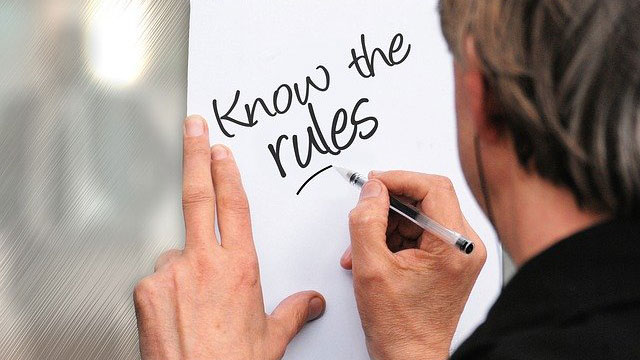
Although it rarely happens, sometimes a court will discover additional assets after a will’s beneficiaries have received their distributions. So, what happens after probate is closed in Florida, and the court discovers extra property? What happens if an unknown life insurance policy or bank account surfaces at a later stage?
What Constitutes A Recently Discovered Asset?
Under Florida law, closed probate can reopen in certain circumstances. One of those is when the court discovers an asset after it has closed the estate. So, what constitutes an estate asset that would allow the court to reopen probate? Some possible assets include:
- Bank accounts
- Stocks
- Retirement accounts
- Bonds
- Life insurance policies
- An interest in property or land
This is not an exhaustive list. To reopen the estate, the court can consider any item it feels is an asset.
Subsequent Administration
Just because a Floridian court has closed probate doesn’t mean it can’t reopen it. A court should close a noncontested estate within a year of issuing the letters of administration. Yet, if the court uncovers estate assets after closure, it’s possible to reopen the probate to distribute them.
“Subsequent Administration” is a process governed by Rule 5.460 of Florida’s Probate laws. By following this process, a court can reopen an estate to distribute the newly found assets.
Petitioning for Further Administration
The first step to reopening an estate once a court discovers additional assets is to petition for further administration. Any interested party can file this petition, and the party must file it in the original administration’s probate file. An interested person is generally someone with a financial interest in the estate. Usually, this is a creditor or an heir. The court doesn’t consider a relative without a financial interest in the estate as an interested person.
What Must the Petition Contain?
The petition must contain certain details and information. These include:
- The name and address of the petitioner
- The interest the petitioner has in the estate
- The reason why further estate administration is necessary
- The approximate value of the newly discovered asset
- A description of the newly discovered asset
- The location of the newly discovered asset
- A statement outlining the relief the party is seeking
The interested person must submit the petition to the court for consideration.
What Happens Next?
Once the interested party has submitted the petition, the court will enter orders as appropriate. The court doesn’t need to reissue letters, require a bond, or revoke the discharge order unless required. The judge will decide whether to open a further administration.
If you have recently discovered assets for a closed probate, you should seek legal assistance. The staff members at Thomas McDonald Law are experts in Florida probate matters. We can advise you about what happens after probate is closed in Florida. We can discuss your circumstances with you and determine whether reopening the estate will be possible. We can then, when appropriate, embark on the Subsequent Administration process to petition the court.
